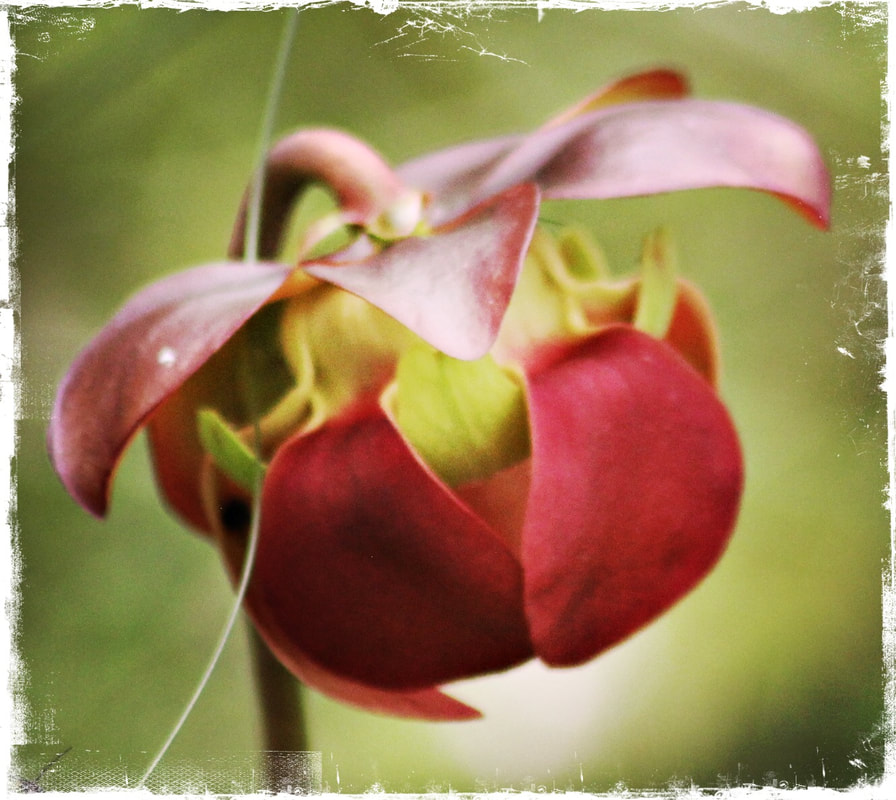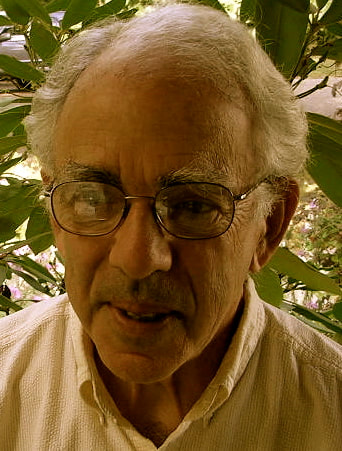ASSAY: A JOURNAL OF NONFICTION STUDIES
6.1
6.1
|
Essayists on the Essay: Montaigne to Our Time Univ. of Iowa Press. 2012. |
Fifteen years before Ned and I produced Essayists on the Essay (2012), his forceful writing caught my attention when he was a graduate student at Iowa in the mid-1990s, enrolled in courses I was teaching on the essay. Then in his mid-40s, Ned was energized by an exceptional drive and enthusiasm that must have made him very effective in his previous work as a trade union and political organizer. Activities far afield, it might seem, from the art of a personal essay, but as Ned made clear in a 2017 interview, he was drawn to essayists “who were also activists.” At Iowa, he developed such a wide-ranging and intense interest in the essay that I invited him to take part in a graduate student research group committed to finding and discussing hitherto unknown pieces on the essay by past and recent essayists. A rarified non-credit project that could only have appealed to devotées of the essay— and he readily accepted.
The search for additional pieces was challenging and time-consuming, for beyond 40 well-known titles, there was seemingly so little commentary on the essay by essayists themselves that there weren’t even bibliographies of such material. Ned’s awareness of that need roused him not only to scan tables of contents in essay collections by numerous essayists, both well-known and little-known, hoping to find titles of such pieces, but also to read prefaces, forewords, and introductions to those collections, on the chance they might include reflections on the essay. Thanks to Ned’s diligence, which inspired all of us to search for more, we found some 300 additional pieces. A bounty that all of us were able to use in our subsequent research and writing. Drawing on that material after he completed his Ph.D., Ned produced his pioneering work, The American Essay in the American Century (2011); and after retirement, I too was guided by essayists’ reflections in The Made-Up Self: Impersonation in the Personal Essay (2010). But both of us were eager to make something more of all the pieces we’d gathered and discussed, in hopes of stimulating more critical and theoretical work on the essay. Thus we collaborated to produce Essayists on the Essay: Montaigne to Our Time. By the time our collection was published in 2012, Atwan’s Best American Essays and Lopate’s The Art of the Personal Essay had contributed to such a widespread awareness of the essay’s artfulness that courses in the study and writing of it had proliferated in English departments throughout the country, and to some extent in creative writing programs as well. But there were still relatively few texts for research on essayists’ conceptions of the essay. To provide such material, Ned designed an extraordinary bibliography, not only citing more than 250 pieces, but also listing each of them in two separate indices, one historical, grouped in successive centuries, the other thematic, grouped according to different concepts of the essayist and the essay, as well as different aspects of the essay. A striking example of his resourcefulness and thoroughness in every aspect of scholary work. I in turn prepared an introduction, “Toward a Collective Poetics of the Essay,” highlighting recurrent interests and ideas in essayists’ writing about the essay, so as to provide a frame of reference for making use of Ned’s comprehensive thematic index. In our collaboration on the table of contents, Ned was as venturesome as in his bibliography—eager to include as many essayists as possible from as many countries as possible from as broad a historical range as possible with as varied conceptions of the essay as possible, with as many complete (rather than excerpted) pieces as possible. An epitome of his comprehensive approach to the essay—and his admirable generosity in all things. A daunting goal, given the word-limit of our book contract, and especially difficult for him given his sense of allegiance to many of the pieces he had found and indexed. But after numerous emails and conversations, we were able to produce a wide-ranging collection that includes the work of 50 essayists, by using only 12 complete essays and by confining ourselves to 150-word headnotes. Thanks to his industriousness while carrying a full-time academic workload, we finished the entire project in less than two years. Subsequently, we kept in touch about other nonfiction projects. But Ned’s continuing devotion to essayists’ ideas of the essay—and to disseminating information about such commentary—led him to create a distinctive extension of our work, via a site on Facebook. Titled “Essayists on the Essay,” its homepage showed the graphic image of Montaigne from the cover of Essayists on the Essay, together with a shot of Virginia Woolf, and an excerpt from her memorable reflections on Beerbohm, the essay, and the essayist’s challenge—“Never to be yourself, and yet always.” On subsequent pages he included portraits of all the essayists in the collection, with greetings on their birthdays (or an R.I.P. on their demise), in each case featuring a passage from their reflections on the essay. As the years passed, Ned expanded the site to include shots of other essayists and his thoughts about their work. Then, in the open- form spirit of the essay, he welcomed photos and postings by other essayists and writers. In his creation and development of that Facebook site, as in his long service as review editor of Fourth Genre, as in his advisory work for other projects such as Assay, as in his book on the American essay, as well as a dozen pieces on the essay, Ned devoted himself to highly informed and provocative study of the essay, a commitment exemplified by “Our Queer Little Hybrid Thing.” A tour de force from its slangy opening to its concluding shot of three women trying to grab hold of a muddy hog (a la Hoagland’s pithy description of the essay as a “greased pig”). A verbal and visual adventure, including not only his attempts to define the essay and its distinctive form, but also passages by other essayists attempting to do the same, as well as portraits or shots of those essayists, as well as diagrams of various conventionalized forms of writing, such as a five-paragraph theme, a news report, and a schematically plotted short story, as well as a strikingly different diagram illustrating the squiggly mental digressiveness of an essay. An essay on the essay whose joyously imitative form is a striking embodiment of Ned’s inventive and inspiring approach to the essay. No wonder so many of his students and nonfiction colleagues have extolled him. |
Continue Reading...
|
|
|
Carl H. Klaus, Professor Emeritus at Iowa, is founder of Iowa’s Nonfiction Writing Program, and former co-editor of Sightline Books: The University of Iowa Press Series in Literary Nonfiction. Klaus’s literary nonfiction includes My Vegetable Love, Weathering Winter, Taking Retirement, and Letters to Kate. His forthcoming nonfiction is Coming of Age: An Octogenarian’s Chronicle. His recent books about nonfiction include The Made Up Self: Impersonation in the Personal Essay, Essayists on the Essay: Montaigne to Our Time (edited with Ned Stuckey French), and A Self Made of Words: Crafting a Distinctive Persona in Nonfiction Writing.
|

